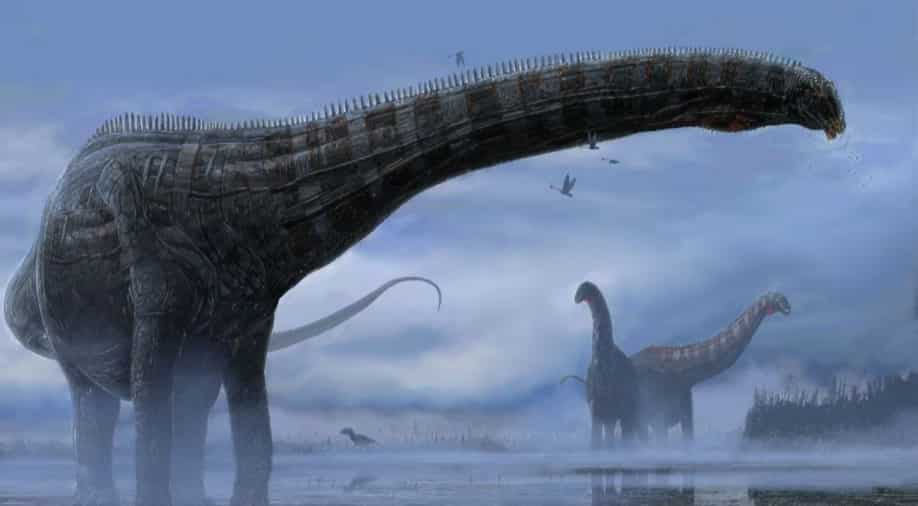Do you know humans could live for 200 years? But dinosaurs didn't let this happen
Story highlights
Microbiologists suggested that the dominance of dinosaurs on the planet for millions of years led to the loss of essential genes, especially of longevity
In a new study, a scientist has suggested that if it were not for the dinosaurs, humans could have extended their lifespan by up to 200 years.
Microbiologist Joao Pedro de Magalhaes, from University of Birmingham in the UK, has emphasised an evident difference between how quickly mammals, like humans, age and how the ageing takes place in reptiles and amphibians.
The discrepancy is likely because the dinosaurs dominated this planet millions of years ago, especially at an important time period in mammalian history.
In a newly published paper, the microbiologist describing his "longevity bottleneck" hypothesis, explains that when dinosaurs were ruling the Earth, it had become important for the much smaller mammals to quickly reproduce for survival, which likely led to the discarding of genes for longer lifespans as evolution progressed.
Also read: Not a meteorite, but India's Deccan Traps may have led to extinction of dinosaurs from Earth: Study
"Some of the earliest mammals were forced to live towards the bottom of the food chain, and have likely spent 100 million years during the age of the dinosaurs evolving to survive through rapid reproduction," said de Magalhaes, as reported by Science Alert.
"That long period of evolutionary pressure has, I propose, an impact on the way that we humans age,” he added.
trending now
Ancestors lost genes which could have replaced sun creams?
In the research, the scientist has noted that the ancient ancestors in the eutherian mammal lineage are likely to have lost certain enzymes at the time when dinosaurs were present, which also includes enzymes which help in repairing the damage caused to our skin by ultraviolet light.
As per the research, even marsupials and monotremes do not have at least one of the three UV-repair enzymes, which are called photolyases. However, this remains unclear if this was related to their own comparatively shortened lifespans.
Watch: South Korea unveils plan to ban dog meat by 2027, Animal Rights Groups welcome the move | WION
The scientists hinted that the mammal, who tried to become nocturnal to stay safe, may have faced more loss, and now after millions of years, this loss is being covered with the use of sun cream.
"We see examples in the animal world of truly remarkable repair and regeneration. That genetic information would have been unnecessary for early mammals that were lucky to not end up as T. rex food,” said de Magalhaes.
"While just a hypothesis at the moment, there are lots of intriguing angles to take this, including the prospect that cancer is more frequent in mammals than other species due to the rapid ageing process," he added.
(With inputs from agencies)

















